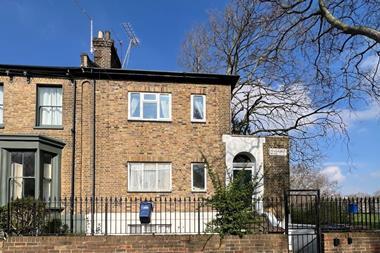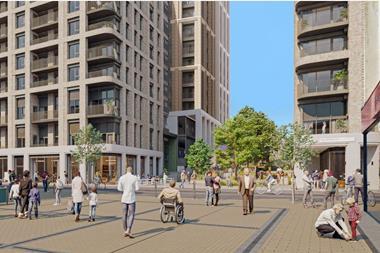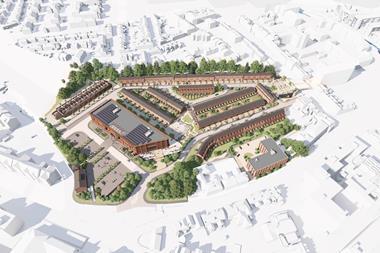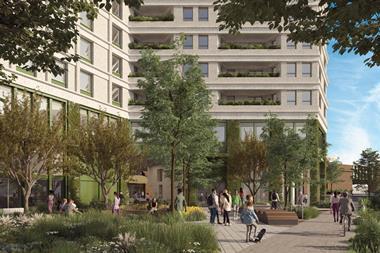Around 8.5 million people in England have unmet housing needs, according to a 2021 report by the National Housing Federation. House prices have increased as a result of the shortage, making it more challenging for many people to purchase a home and climb the housing ladder.

In addition to this lack of affordable accommodation, the UK’s population is ageing; over the course of the next 20 years, the number of those aged 85 and older is expected to increase. If this estimation proves to be accurate, it only makes sense that the number of people over 55 will rise as well.
First-time buyers have been at the centre of the government’s efforts to address the housing problem for a while now, but this approach might not be the best option. In fact, a study conducted by Shakespeare Martineau contends that it would be far more productive to shift the attention to ‘last-time buyers’.
According to this report, the majority of Brits aged 65 and older are already residing in homes with more bedrooms than they require – probably the same home in which they brought up their children. This needs to be addressed as soon as possible, given our ageing population. The UK needs a lot more age-appropriate housing, as well as an improvement in the communication surrounding the services retirement communities have to offer their residents.
Shakespeare Martineau’s research even hypothesises that the UK will need to build 50,000 fewer homes annually if more people live in residences that are better suited to their requirements. Ultimately, more expansive homes will eventually become available for younger generations if more money and resources are put into developing integrated retirement communities that meet the actual requirements of seniors. Seniors would be drawn to relocating to these areas, sparking a vital churn in the market.
Many larger homes are occupied by the older population, making it especially challenging for younger people to purchase them. According to the Department for Levelling Up, Housing & Communities’ 2020-21 English Housing Survey, more than half (52%) of senior homeowners live by themselves. Additionally, the senior participants who specified that they were living alone reported worse average scores for life satisfaction. Seniors who downsize their homes by relocating to retirement communities have higher levels of life satisfaction and, in turn, allow younger families to buy larger residences better suited to their needs.
Many seniors, however, are reluctant to look into retirement communities, despite this evidence. After all, downsizing can seem intimidating when an individual has created such a comfortable space over the course of their life.
In addition to the resistance to downsizing, the Shakespeare Martineau report also reveals a broad misconception of what retirement communities are, including what they offer.
In fact, a study by Associated Retirement Community Operators (ARCO) revealed that people who live in retirement communities claim they stay healthier for longer, experience less loneliness, maintain a higher level of social engagement and enjoy a heightened sense of security.
The employment possibilities and consequent earnings that are produced by retirement communities help to enhance local economies and create jobs. Adult social care is a substantial economic contributor, adding around £51.5bn per year to the English economy in 2021-22, according to a report on the state of the adult and social care sector by Skills For Care.
A variety of social activities and events are offered by retirement communities, all of which help residents socialise and connect with their local communities. Many senior citizens experience social isolation, ultimately affecting their physical and emotional health, but the welcoming atmosphere synonymous with retirement communities helps to negate this. Seniors are granted the opportunity to interact with their peers, take part in activities and preserve a strong sense of community.
Reports state that loneliness costs the UK economy an astounding £2.5bn annually, with the elderly bearing a disproportionate share of the burden. Retirement communities assist in lowering the cost of loneliness and enhancing seniors’ quality of life by offering a welcoming environment that promotes social engagement.
Retirement communities can ultimately assist in alleviating the housing market issue in the UK by providing seniors with specialised living options, in turn creating space in larger homes for younger families. On top of this, retirement communities can assist older adults receive better healthcare and combat social isolation, in a rich, ecology-focused environment. Retirement community investment is an important topic to think about moving forward, as it has the potential to assist both seniors and society.
Ian Holloway is project director at Burnham Waters





























No comments yet